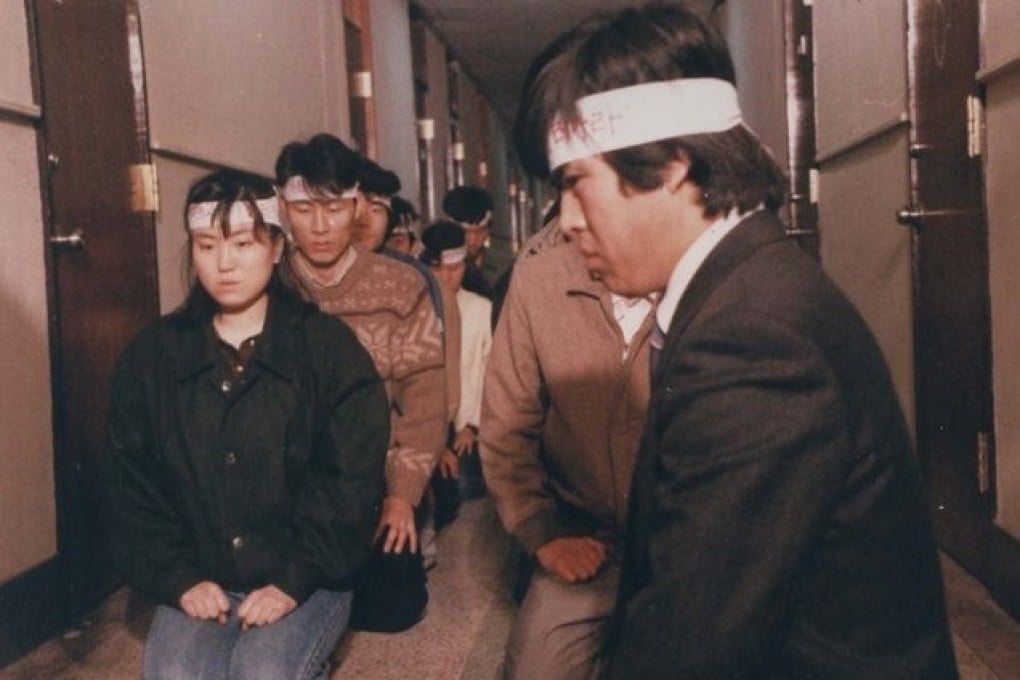The Projector | Korean film festivals commemorate the Gwangju uprising – and its brutal suppression
- Working around social-distancing measures, online and physical events included South Korean and international films
- Among those shown were movies offering insight into how a national trauma manifested on screen

After his deadly crackdown on pro-democracy demonstrations in Gwangju, in May 1980, South Korean dictator Chun Doo-hwan was desperate to quell the dissent sweeping across the country.
With Chun having manipulated cinema for his own ends, it seems reasonable that South Korean filmmakers use the same medium to confront his poisonous legacy. And that’s what has happened over the past fortnight as an array of physical and virtual film festivals marked the 40th anniversary of the May 18 Democratisation Movement, as the Gwangju uprising was known.
The Korean Film Archive, for example, played host to a commemorative programme of 20 films of various genres produced during the past four decades, offering insight into how a national trauma manifested on screen.
While anchored by high-profile hits such as Peppermint Candy (1999) and A Taxi Driver (2017), the festival also featured experimental shorts such as Gukpung (1981), the Seoul National University Film Research Society’s documentation of a state-backed “national festival” aimed at putting on a facade of prosperity and harmony in a country still getting to grips with the massacre and its aftermath.
The programme also included Wasteland (1988), which was banned from cinemas because of its final scene, in which a soldier sets himself alight in a Gwangju burial ground for the victims.

